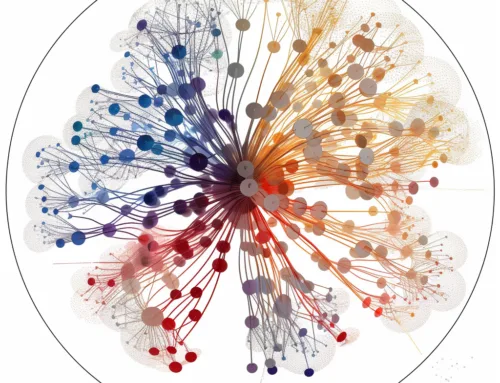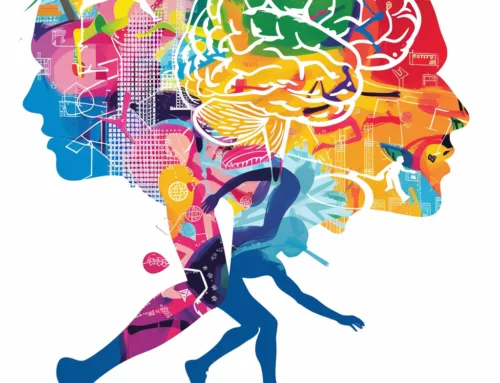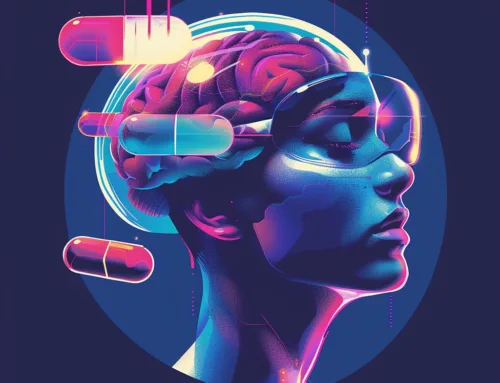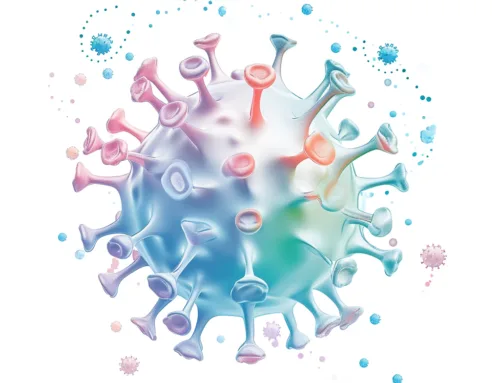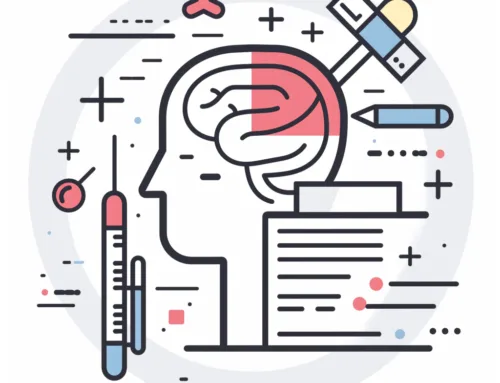In recent years, the intersection of technology and healthcare has heralded a new era in treatment modalities, particularly within the mental health sector. Artificial Intelligence (AI), once a futuristic concept, is now at the forefront of innovative approaches to understanding, diagnosing, and treating mental health conditions. At Brain Health Solutions, we are particularly interested in the potential that AI holds for transforming mental health care, offering insights and perspectives that were previously unattainable.
Understanding AI in Mental Health
AI refers to the simulation of human intelligence in machines that are programmed to think like humans and mimic their actions. In the context of mental health, AI encompasses various technologies, including machine learning, natural language processing, and predictive analytics, to assist in the diagnosis and treatment of psychiatric conditions.
The Potential of Artificial Intelligence in Mental Health
Early Diagnosis and Prediction: AI algorithms can analyze vast amounts of data from various sources, such as electronic health records, genetic information, and even social media usage, to identify patterns and predict the onset of mental health conditions before they become severe. This early intervention approach could significantly alter the course of treatment and improve outcomes for patients.
Personalized Treatment Plans: AI’s ability to process and analyze extensive datasets enables the development of highly personalized treatment plans. By considering an individual’s unique genetic makeup, lifestyle, and environmental factors, AI can assist clinicians in crafting tailored therapeutic strategies that are more likely to be effective for each patient.
Enhanced Therapeutic Tools: Beyond traditional therapy and medication, AI is paving the way for innovative therapeutic tools, such as chatbots and virtual reality (VR) environments. These AI-driven tools can provide immediate support, simulate real-life scenarios for exposure therapy, and offer cognitive behavioral therapy (CBT) techniques, making mental health care more accessible and engaging.
Monitoring and Feedback: AI technologies can continuously monitor patients’ progress and provide real-time feedback to both patients and clinicians. Wearable devices and mobile apps equipped with AI algorithms can track various health indicators, mood patterns, and behaviors, enabling adjustments to treatment plans as needed.
Ethical Considerations and Challenges:
While the potential of AI in mental health is immense, it also brings forth a plethora of ethical considerations and challenges. The privacy and security of sensitive patient data, the need for transparent AI algorithms, and the importance of maintaining the human element in therapeutic relationships are paramount concerns that must be addressed. As AI continues to evolve, it is crucial to ensure that these technologies are implemented in a manner that respects patient autonomy, confidentiality, and the therapeutic alliance.
Looking Ahead
The integration of AI into mental health care is not without its hurdles, including technological limitations, regulatory barriers, and the need for interdisciplinary collaboration. However, the promise it holds for advancing our understanding and treatment of mental health conditions is undeniable. As we navigate this exciting frontier, it is essential to remain vigilant about the ethical implications, continuously evaluate the effectiveness of AI-driven interventions, and ensure that these technologies complement, rather than replace, the invaluable human touch in mental health care.
At Brain Health Solutions, we are committed to exploring and integrating the most innovative and evidence-based approaches to mental health care. AI represents a significant leap forward in our ability to serve our patients with the most advanced, personalized, and effective treatments available. As we look to the future, we are excited about the possibilities that AI brings to the field of mental health and are dedicated to being at the forefront of this transformation.
Contact us today for a free consultation
Phone: 949-776-5103 or
Email: [email protected]



